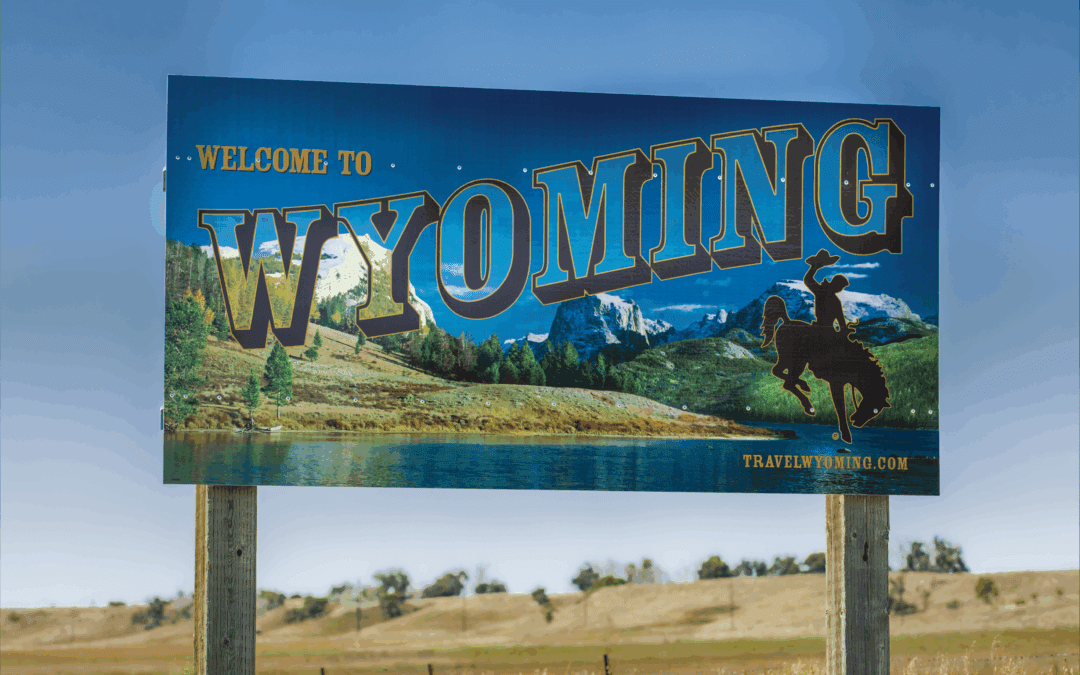Wyoming lawmakers have advanced a bill that would prevent state and local governments from enacting regulations or oversight targeting pregnancy resource centers because of their opposition to abortion.
The Wyoming Pregnancy Center Autonomy and Rights of Expression (CARE) Act passed the Joint Labor, Health and Social Services Committee on October 16. The bill recognizes the value of these centers and asserts they should be free from burdensome governmental actions.
Denise Burke, senior counsel with Alliance Defending Freedom — the Christian legal organization that helped shape the bill — testified to legislators that the measure responds to a growing trend of targeting pregnancy centers nationwide, according to Live Action.
“This bill prevents [pregnancy centers] from being singled out by censorship or discriminatory treatment simply because of their pro-life ethics and practices,” Burke said.
The CARE Act protects pregnancy resource centers from being forced to promote or provide abortions, abortion-inducing drugs, or contraception. It stops the state or local governments from penalizing or restricting these centers because of their pro-life beliefs. The bill also ensures centers can hire staff who share their values and offer parenting classes and pregnancy support without interference.
Bill 0273 passed in the Wyoming House of Representatives earlier this year. Because it has previously stalled in the Senate, the measure would need to be reintroduced in a future session (or revived via amendment) to become law.
Critics of the bill argue that it gives special protections to “unregulated” organizations and ignores the need for qualified medical oversight of pregnancy centers. Yet, supporters of the CARE Act strongly defended the professionalism and transparency of Wyoming’s pregnancy centers in the recent joint session, according to Jackson Hole News and Guide.
Valerie Berry, executive director of LifeChoice Pregnancy Care Center in Cheyenne, countered the claim that centers do not have adequate medical personnel. Berry told Jackson Hole News and Guide that her clinic operates under a state medical license, with a licensed medical director, a family nurse practitioner, and registered nurses on staff. LifeChoice is among Care Net’s network of 1,200 pregnancy centers across the nation.
The passage of the Wyoming bill comes at a time when the state is grappling with a deep shortage of maternity-care infrastructure — including multiple “maternal health deserts” and nine counties lacking labor-and-delivery services, according to Wyoming Public Media.
With more legal protection, these pregnancy centers could be positioned as part of the broader solution to the crisis in birthing-center and obstetric-care availability. Of course, pro-choice advocates in Wyoming are extremely worried about the role that pregnancy centers might play in the state’s maternity care landscape.
The CARE Act validates the work of pregnancy centers, noting that they serve women with integrity and compassion; have “a considerable and growing life-affirming impact” on women, men, children, and communities; and provide comprehensive care to women and men facing unexpected pregnancies, including resources to meet their physical, psychological, emotional, and spiritual needs.
In a letter to the editor of Cowboy State Daily, a nurse practitioner affirmed the value pregnancy centers offer to communities when responding to a letter (“Crisis Pregnancy Centers—Wyoming Deserves Better”) that questioned the medical qualifications of centers, among other accusations.
Michele L. Summers, Family Nurse Practitioner at LifeChoice Pregnancy Care Center, wrote a letter entitled, “Pregnancy Centers Do a Lot of Good in Wyoming.”
“Most people know that to provide medical care you need a license to do so… Anyone performing ultrasounds must receive rigorous training to perform limited obstetric ultrasounds,” she wrote.
“We take our ethical responsibilities as medical professionals seriously, and yes, we offer informed reproductive health choices through education and advocacy for each of our clients.”
Summers also noted that during the recent state Labor, Health, and Social Services Committee meeting, Wyoming’s problematic shortage of OB-GYN providers was discussed extensively.
“This shortage is very much related to delays in starting prenatal care,” she wrote. “Because of this many providers refer to us for initial pregnancy testing and the first ultrasound. At no cost to taxpayers, pregnancy centers help relieve the burden of the rural maternity desert problem across Wyoming.”

